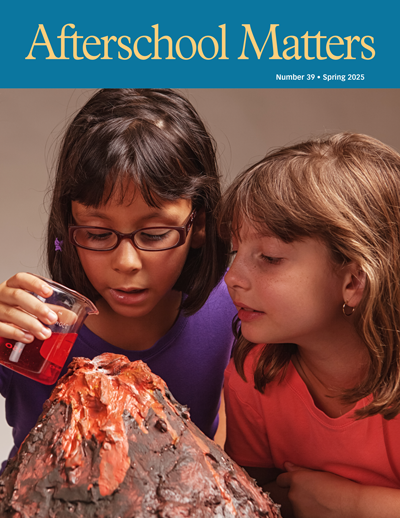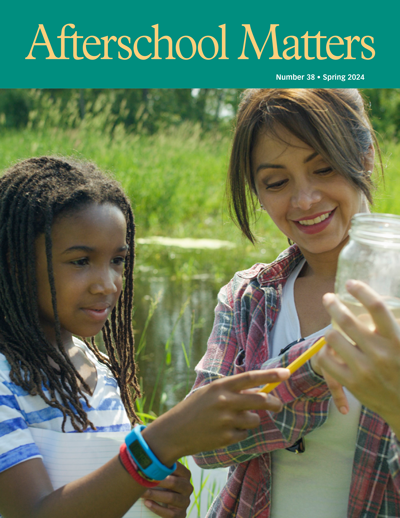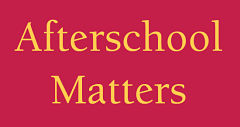Playful Learning Landscapes
Promoting Literacy Through Youth Engagement and Culturally Relevant Design
By Rachael Todaro, Brenna Hassinger-Das, Jennifer M. Zosh, Sarah R. Lytle, Roberta M. Golinkoff, & Kathy Hirsh-Pasek
High-quality language interactions not only support children’s language development but also promote better long-term academic outcomes (Hirsh-Pasek, Adamson et al., 2015; Huttenlocher et al., 2010; Pace et al., 2019; Storch & Whitehurst, 2002). Interactions in the form of frequent back-and-forth conversations between caregiver and child predict language growth in children (Adamson et al., 2014; Hirsh-Pasek, Adamson et al., 2015), regardless of whether families are from highly resourced or underresourced environments (Masek et al., 2020).
Tags: Engagement, Community Based Organization, Professional Development, Youth Development, Academic Subjects, Arts, Best Practices, Culture, English Language Learners, Outcomes, Partnership, Summer Learning, Social Emotional, Museums



